
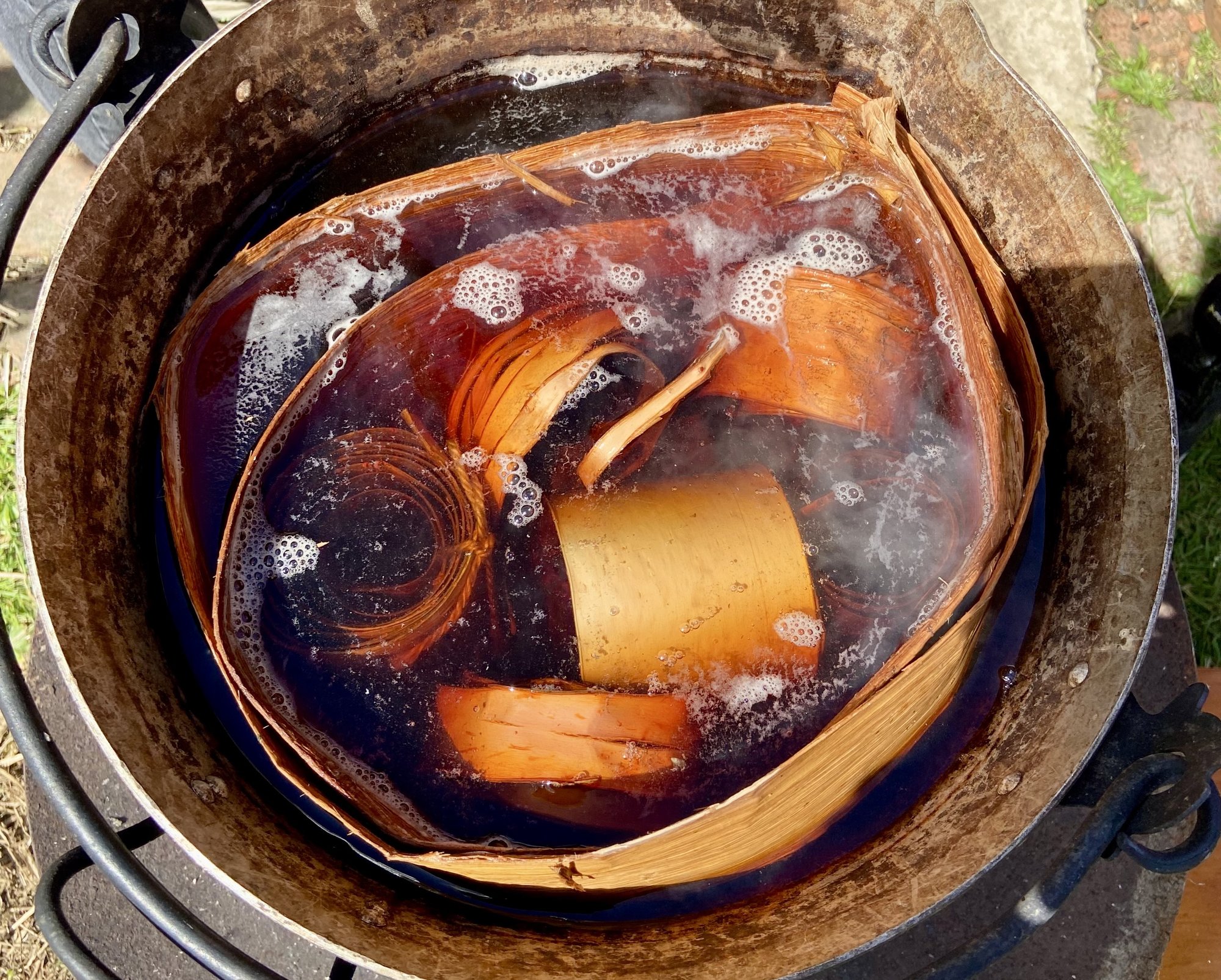
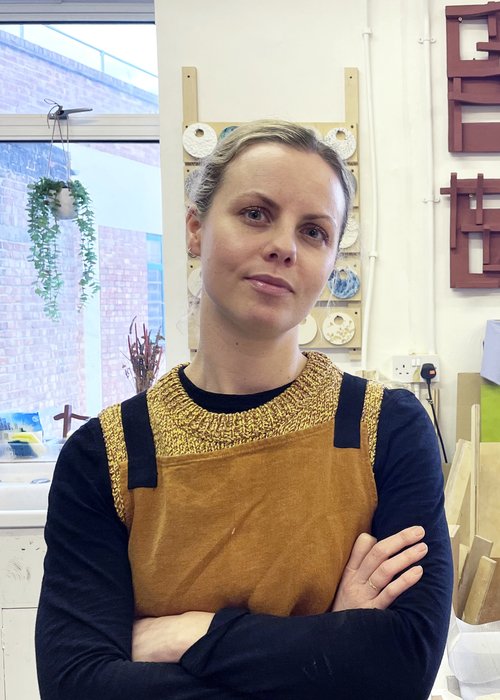
Claire Baily
Claire Baily is a London-based artist, researcher, and educator whose work navigates the intersections of art, sustainability, and material innovation. Looking to develop regenerative making systems built around plant-based materials she will be focusing on the historical and contemporary uses of biopolymers such as starch and natural fibres such as flax, nettle and hemp.
Emphasising slowness, attentiveness and embodied engagement, Claire draws on the embedded histories of materials and their production to reimagine how stories are told and shared. She approaches each material as a site of layered narratives, where making becomes a way to participate in interconnected lifecycles. Shifting to an ecological framework her work embraces time, care, hope and experimentation, whilst acknowledging the presence of grief, loss, failure and impermanence.
For the past decade Claire has worked as a Sculpture Tutor at Goldsmiths College, University of London, and is an active member of the Centre of Art & Ecology. She is currently leading a 19-month research project in partnership with British Ceramics Biennial exploring the creative re-use of clay extracted from UK construction spoil.
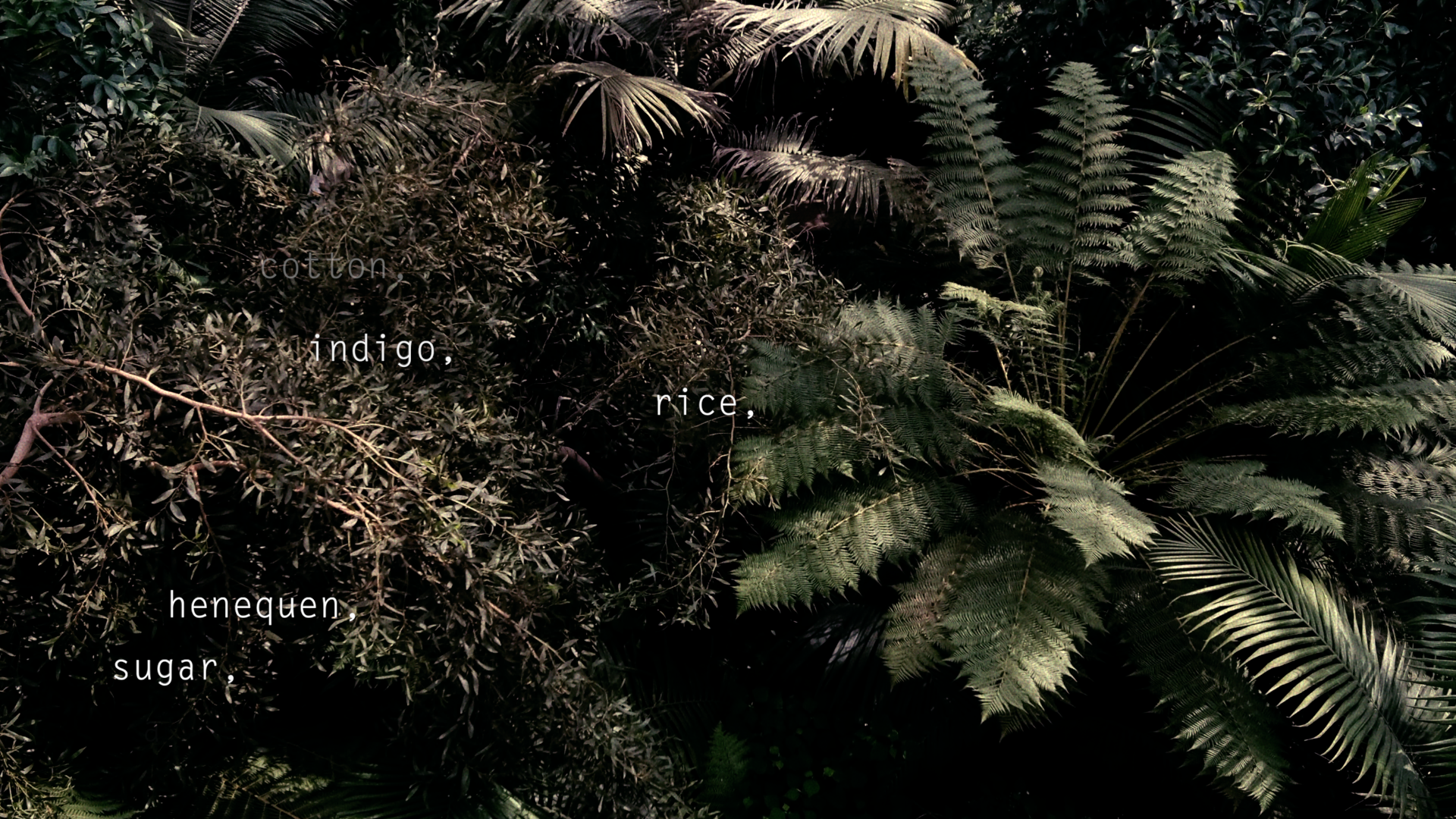
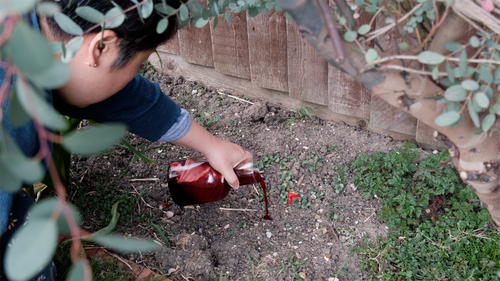
Taey Iohe
Taey Iohe is an artist, writer, and listener, born near the Han River and now based by the River Lea and Ching. Working fluidly across sound, language, moving image, and collective practice, their work is rooted in the anti-colonial sense of belonging, tracing forms of leakage across bodies, landscapes, and archives through an eco-crip and queer feminist lens.
Attuned to environmental hormones, reproductive justice, and racial biopolitics, Taey is drawn to what leaks—from bodily thresholds to planetary systems—as both a sign of harm and a gesture toward repair. Their practice examines what travels and transforms across borders in waterways and ecotone zones, with a current focus on the Thames Estuary and Derry. Often working collaboratively and with slow, nurturing methods, they engage ecological and corporeal damage through a deliberate, durational rhythm.
Taey co-founded the practice-based research collective, Decolonising Botany and presented A Refusing Oasis at Documenta 15, a durational work of solidarity within anti-colonial struggles. They are currently developing a critical rewilding publication for the upcoming Estuary Festival. Taey was awarded a fellowship from Serpentine Galleries’ Support Structures in 2024. They teach Fine Art at Chelsea College of Arts, where they run Deep Weather Studio — a pedagogical platform nurturing ecological practices through interspecies solidarity and abolitionary listening.
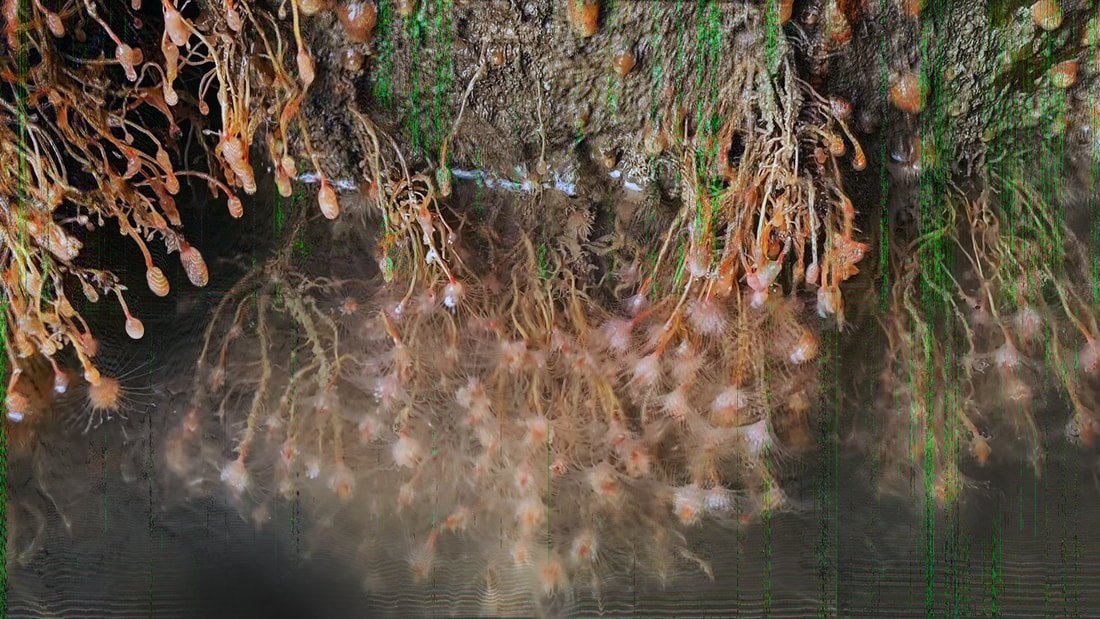
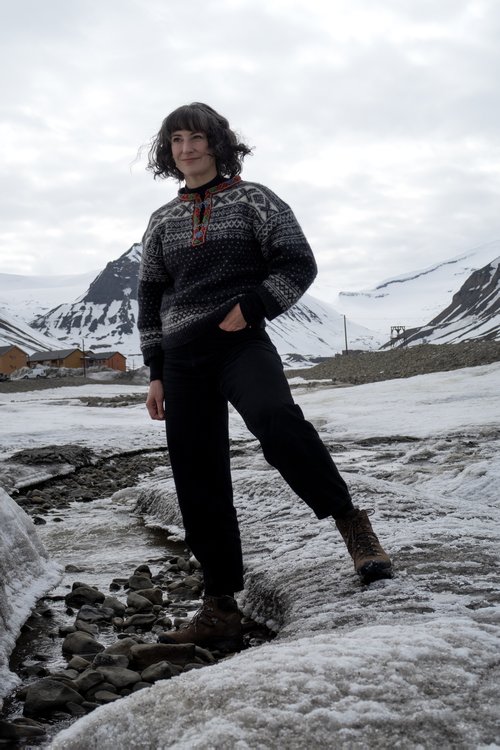
Nastassja Simensky
Nastassja Simensky is an artist with an interest in critical heritage and the unevenly distributed impacts of global energy regimes and extractive processes. Nastassja often works collaboratively with artists and non-artists to make authored and co-authored artworks. During Making Time, Nastassja will develop ‘Dust, Static and Feedback Loops’, a new body of research seeded through a residency with Artica in Svalbard in 2024. Research will consider how the transmission of aeolian dust, environmental toxicity and static/noise might operate both as objects of scientific scrutiny and as poetic devices through which to explore the material and political composition of atmospheric infrastructures and their unevenly distributed effects.
Drawing on the history of dialectical and materialist librettos, scripts and radio plays, Nastassja will meet with academics in literary criticism and eco-poetics to explore experimental literary forms as critical artistic materials. This will be supported by discussions with academics in environmental toxicity, arctic geopolitics and defence, and radio transmission.
Selected commissions and residencies include: The New Present Tense, Feminist Autonomous Centre for Research (GR); Artica Residency, Svalbard (NO); Postscript of Silence, McaM, Shanghai (CN); A Slip of Telecine, with Coated Spirits/FADE Radio; Receiver, Focal Point Gallery, (UK); Art and Archaeology residency at West Dean (UK); Critical Disturbance at Crafting a Sonic Urbanism: Listening to Non-Human Life, (FR).
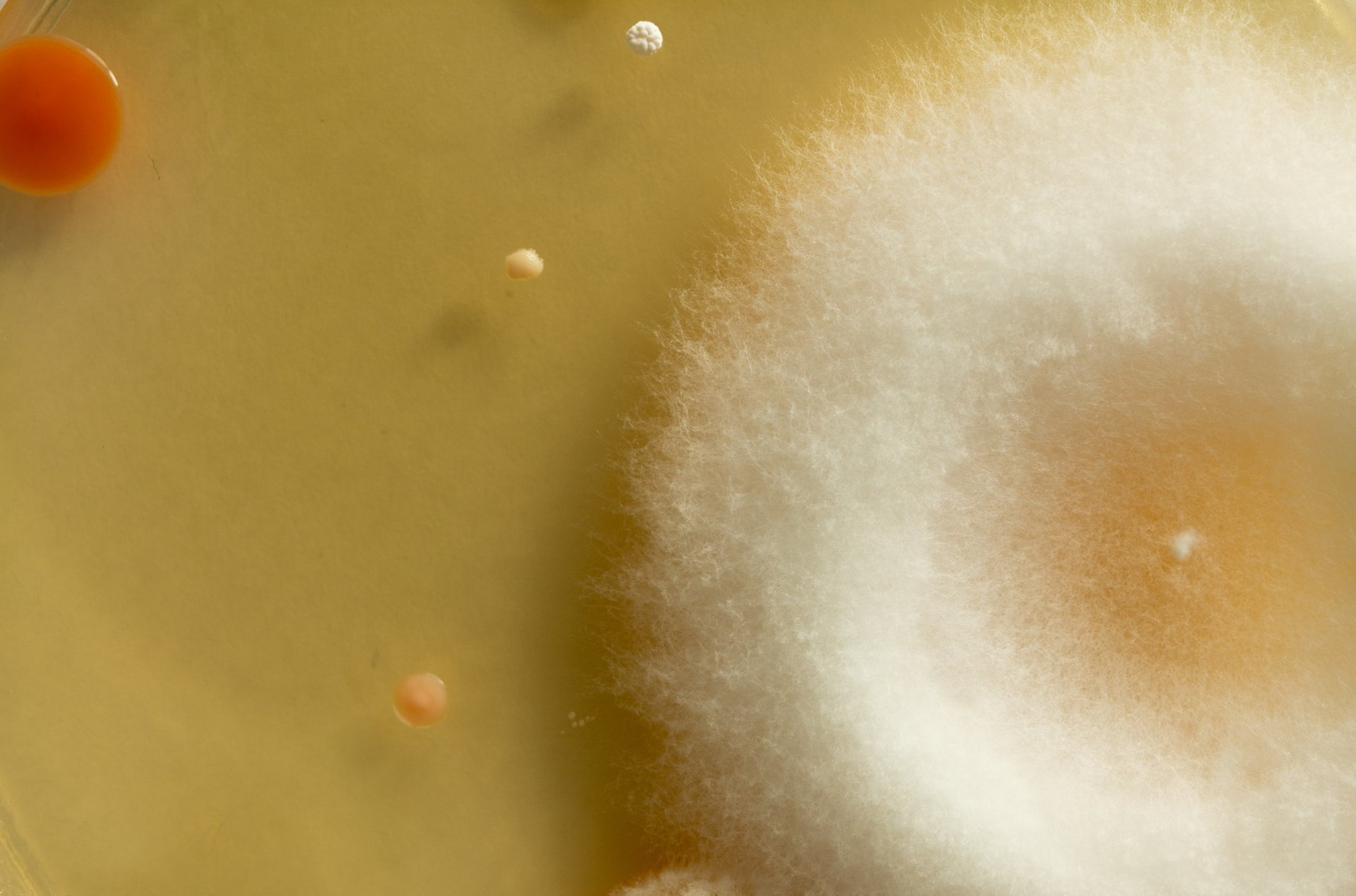
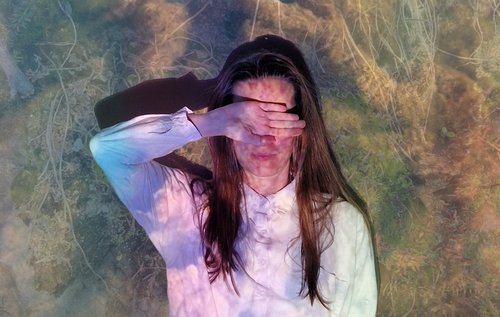
Undead Matter
Undead Matter is a multidisciplinary, collaborative practice initiated and convened by Sophie J Williamson, an artist, curator, writer based in London and Margate, that focuses on the blurred edges of life and non-life, focused on the intimacy of dying, and its dialogue with geology, ecology and planetary futures.
From a newly disabled body (imprinted by the shifting ecologies of the Anthropocene, after Williamson was bitten by a tick in 2023), Undead Matter is currently navigating unexpected outcomes from forced rest, unproductivity and learning about survival through crip allyship across species.
As Undead Matter, Williamson is currently Associate Curator (Art & Ecology) at the Natural History Museum, London (2025 – ) and has worked with BBC, TBA21, MACBA Barcelona, Tate and documenta, among others.
From 2013-2021, Williamson was Exhibitions Curator at Camden Art Centre, and was previously part of the inaugural team at Raven Row (2009–13). She was a resident artist at Jan van Eyck Academie (2021-22), and Curatorial Fellow at Banff Centre of Arts and Creativity (2020). Her writing appears in art magazines and journals (such as ArtMonthly, frieze, Elephant, October) and numerous exhibition publications and artist books. Her PhD at Goldsmiths College, University of London, titled Being-with-Dying: Living with Agency through the Anthropocene, is currently on pause due to chronic illness.
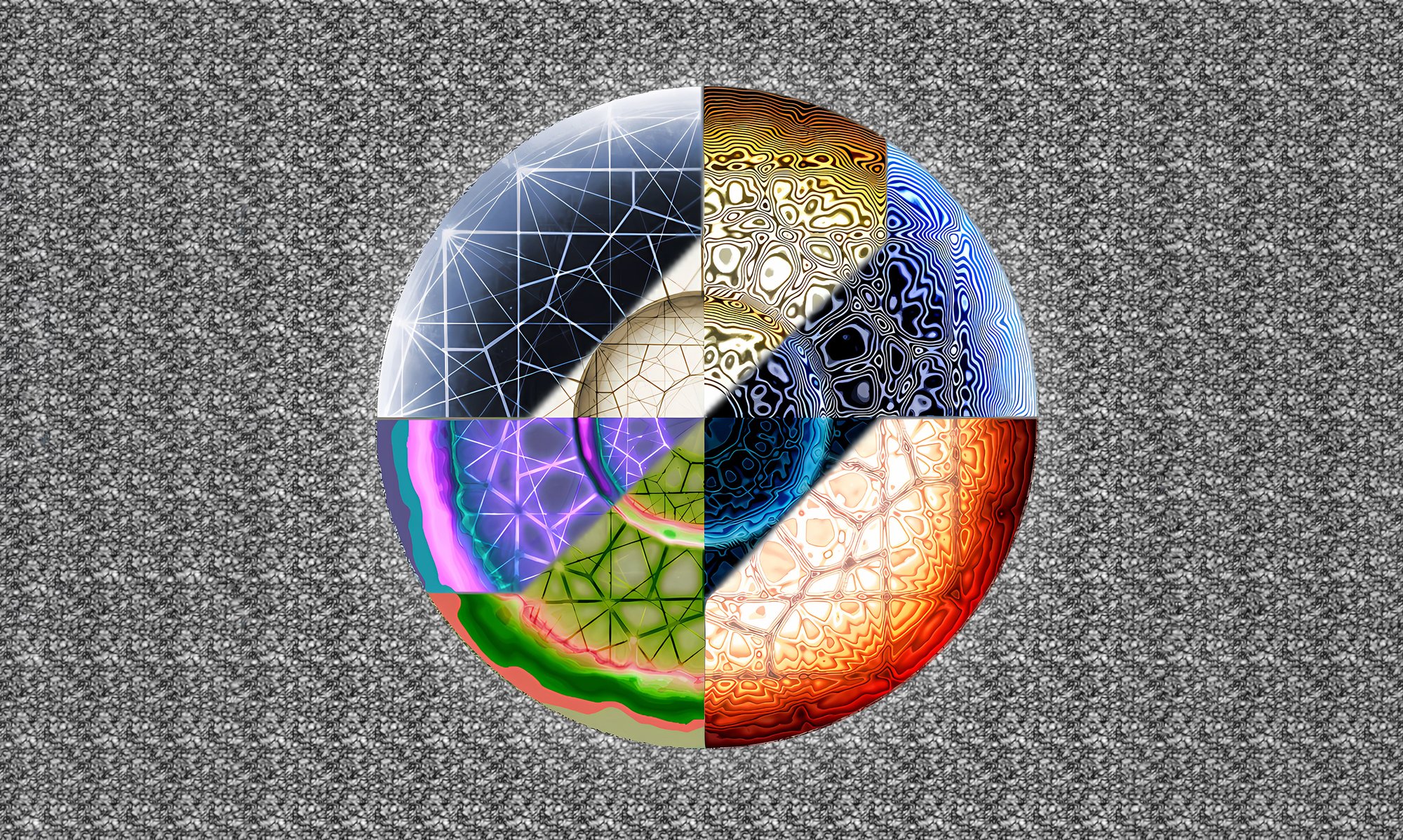
The artists who participated in the first iteration of the Making Time programme produced distinct but intersecting ideas, which explored policies for environmental sustainability; processes for behaviour change; histories and legacies of environmental extraction; psychological trauma and emotional responses to environmental change.
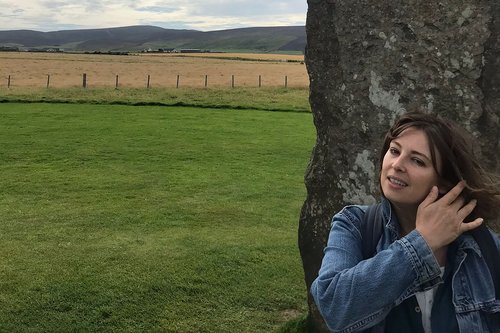
Dani Admiss
Dr Dani Admiss (she/her) is a British-Iranian independent curator and researcher based in Edinburgh. She uses social practices to develop projects, investigations and networks that bring together in-world experts with everyday people to voice their stories, and unlearn and reimagine narratives of science, technology and colonialism. Since 2020, she has worked on Sunlight Doesn’t Need a Pipeline, a project exploring and enacting just transition in the arts. Across 2022, a coalition of art workers, agitators, dream weavers, makars, and caregivers, co-created a bottom-up and open-source decarbonisation plan for art workers. As an outcome of this project she is currently working on the Sunlight Liberation Network, an honest, humble and humourful support and education group for climate justice and art workers. Admiss has curated projects across the UK, Europe and internationally including at the Barbican Centre, Somerset House, MAAT, Lisbon and Lisbon Architecture Triennale. She was a Stanley Picker Fellow (2020) with Stanley Picker Gallery and Kingston University. She wrote her PhD in Curatorial Practice and World- Making with an AHRC grant and is a visiting tutor at National College of Art and Design, Dublin.
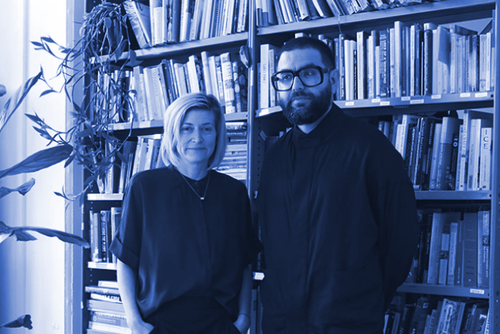
FRAUD
FRAUD (Audrey Samson, she/her, and Francisco Gallardo, he/him) is a duo which develop modes of art-led enquiry that examine the extractive gaze of the management of raw materials. Through their practice, FRAUD cultivate critical spatial literacy and cosmology building. Somerset House Studios alumni, the duo has been awarded the State of Lower Saxony – HBK Braunschweig Fellowship (2020), the King’s College Cultural Institute Grant (2018), and has been commissioned by Contemporary Art Archipelago (2022), the Istanbul Design Biennial (2020), RADAR Loughborough (2020), and the Cockayne Foundation (2018). Audrey is a Senior Lecturer in the Art Department at Goldsmiths, University of London. Francisco is an architect who was awarded the Wellcome Trust People Awards (2016) and authored ‘Talking Dirty’ published by Arts Catalyst (2016). He is a studio tutor in architecture at Loughborough University. The duo’s work is part of the permanent collections of the European Investment Bank Institute (LU) and the Art and Nature Center - Beulas Foundation (SP). FRAUD’s current investigations can be explored through the EURO—VISION platform.
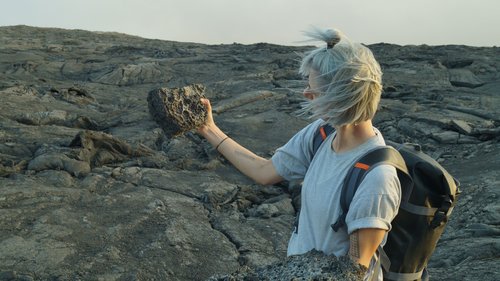
Rachel Pimm
Rachel Pimm (they/them) was born in Harare, 1984 and lives Northamptonshire, UK. They work across sculpture, text, photography, video and performance to explore environments and their materialities, biochemistries, histories and politics, with an interest in queer, feminist and post-colonial materialisms, natural histories and resource extraction, in addition to the potential of surfaces and matter to transform.
Pimm’s work has been featured in programmes at the Serpentine Gallery, Whitechapel Gallery, Jerwood Space, Chisenhale Gallery and The Royal Academy – all in London between 2014-20 – as well as internationally across Europe and the USA. Residencies include Loughborough University Chemical Engineering, Gurdon institute of Genetics at Cambridge University, Rabbit Island, Michigan, USA and was Whitechapel Gallery Writer in Residence 2019/20. They are currently lecturing at UAL and have a forthcoming commission with Arts Catalyst in 2021/22.
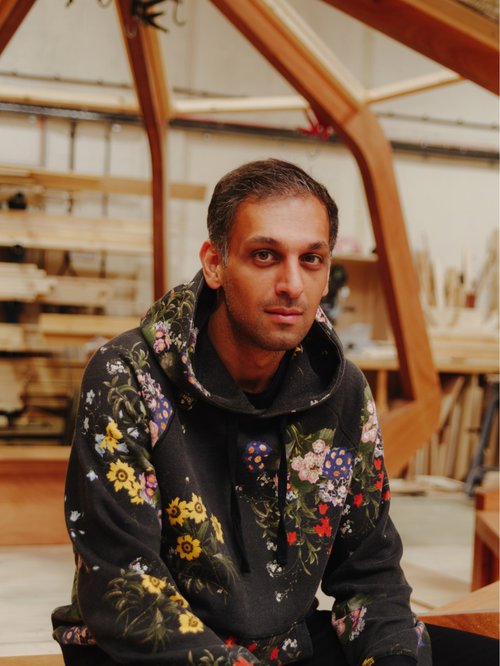
Abbas Zahedi
Abbas Zahedi (he/him) is a London based artist. In 2020, he was selected to be part of Artangel's grant and mentorship programme Thinking Time, and in 2023 he'll be taking part in Making Time, the year-long programme on material possibilities.
Abbas is known for his interdisciplinary blend of social practice, performance, installation, moving-image, institution-building, and writing. His practice emerged out of working with migrant and marginalised communities in the UK to explore the concept of neo-diaspora, and the ways in which personal and collective histories interweave.
His recent exhibitions and performances have taken place at South London Gallery, UK; Belmacz, London; Spike Island, Bristol; Whitechapel Gallery, London; Lethaby Gallery, London; clearview.ltd, London; Royal Academy of Arts, London; Wolverhampton Art Gallery, UK; and 57th Venice Biennale, Italy.
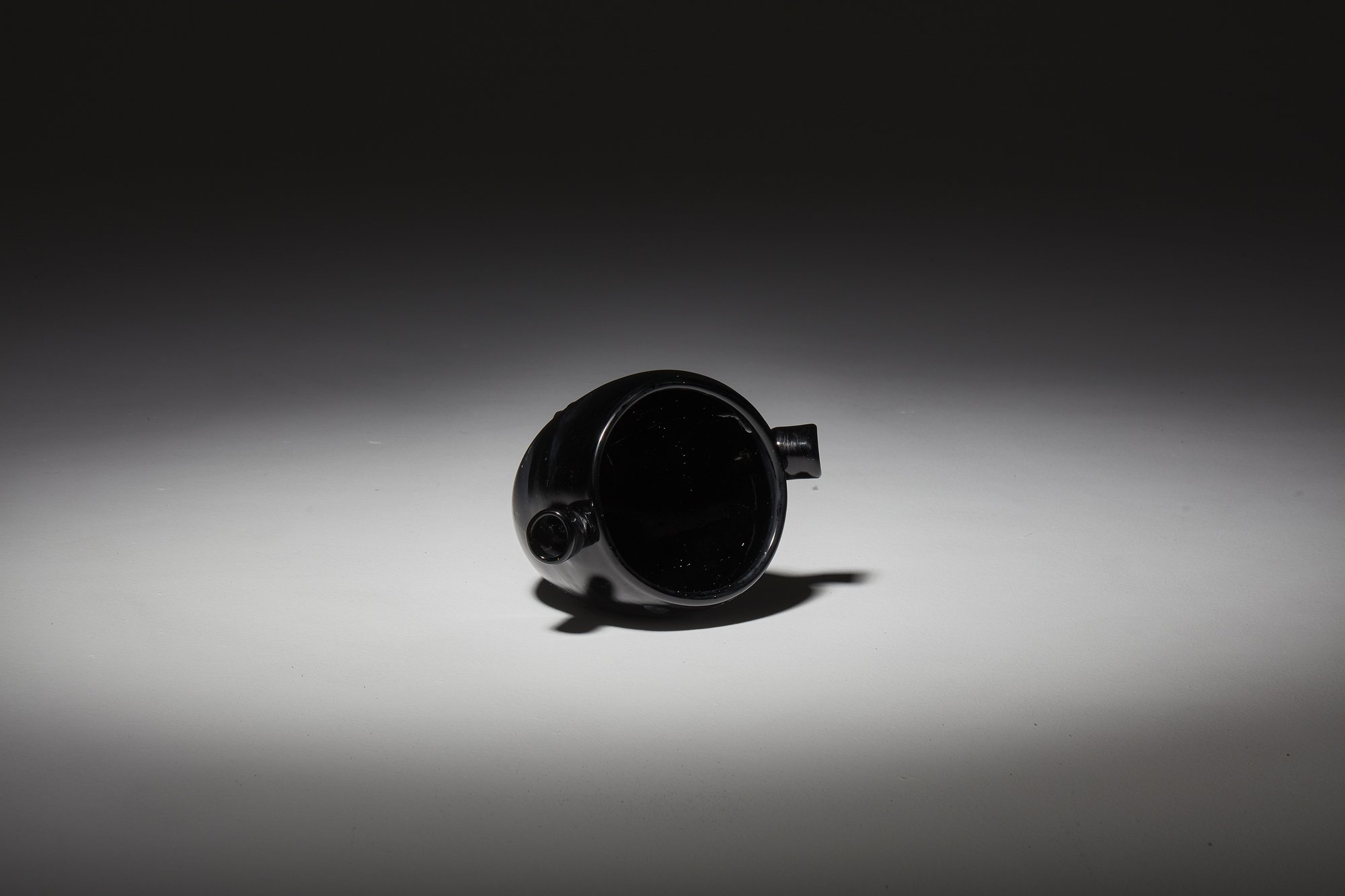
In Conversation: Making Time Year One Artists with Mariam Zulfiqar
"There's a very strong climate movement called Degrowth. And so, there's all these philosophies about decreate, degrow, et cetera. All of the things that capitalism was doing, creating many things, that grow every year. It's not possible, so now we degrow, we go the other way." – Abbas Zahedi
To celebrate the publication launch of Making Time: Volume One at Science Gallery London, Mariam Zulfiqar Director of Artangel was joined in conversation by participating artists, Francisco Gallardo of FRAUD, Rachel Pimm and Abbas Zahedi to discuss their experience of the pilot year of the project and the necessity of integrative knowledge and collaboration between artists, galleries and academic partners in developing new material possibilities when confronting the climate crisis. Making Time offers a complimentary, artist-led approach to helping organisations monitor and track their climate impact.
Image: FRAUD (2020) Fictions of the Primitive. Glass-blown by Torsten Rötzsch and Louise Lang. Made with conflict sand from Playa Taurito (Gran Canarias), 38 x 26 x 28 cm. Photo by Hannah Young.
Making Time: Volume One
Making Time: Volume One was produced to capture the development of ideas put forward by the artist participants of the first iteration of the Making Time programme.
Published in a limited print run in Summer 2024, the publication features contributions from each of the participating artists, a foreword by Mariam Zulfiqar and Jennifer Wong, and ‘Unlearning with Materials’ an essay by Ros Gray and Jol Thoms, leaders of the MA Art & Ecology programme at Goldsmiths, University of London.
A digital version of the publication is available as a free download. Click below to receive a link to your inbox where you can view or download the digital publication.
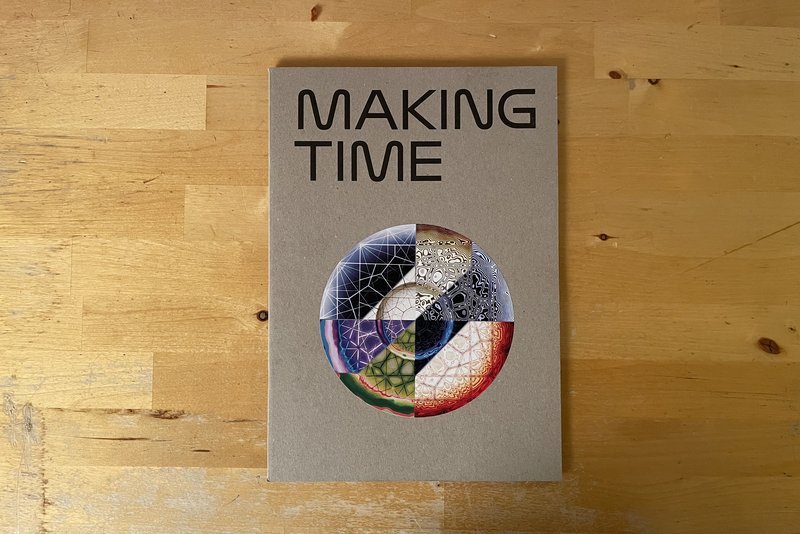
Making Time is devised by Artangel and produced in partnership with Science Gallery London at King's College London. The programme is supported by Radar at Loughborough University, Warwick Institute of Engagement at University of Warwick and Stanley Picker Gallery at Kingston University.
Artangel is generously supported using public funding by Arts Council England, and by the private patronage of The Artangel International Circle, Special Angels and The Company of Angels.
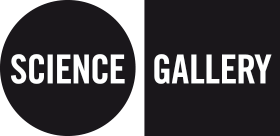
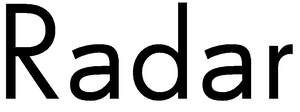
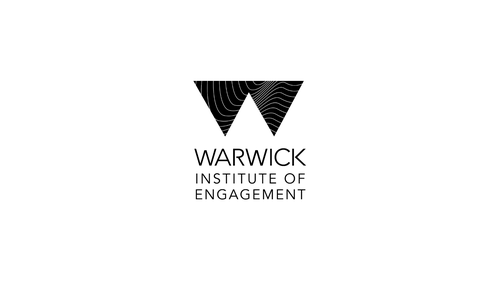

From the top:
- Undead Matter, photo credit: Sam Roberts
- Image courtesy of Claire Baily
- Image credits: (left) Blooding, Taey Iohe
- The Long Count, Nastassja Simensky
- Undead Matter, photo credit: Sam Roberts
- The Future Eaters (2022), Sophie J Williamson
- Digitised drawing by Abbas Zahedi, 'anything goes', 2014, 2023. Courtesy of the artist.
- Audio block - FRAUD (2020) Fictions of the Primitive. Glass-blown by Torsten Rötzsch and Louise Lang. Made with conflict sand from Playa Taurito (Gran Canarias), 38 x 26 x 28 cm. Photo by Hannah Young.
